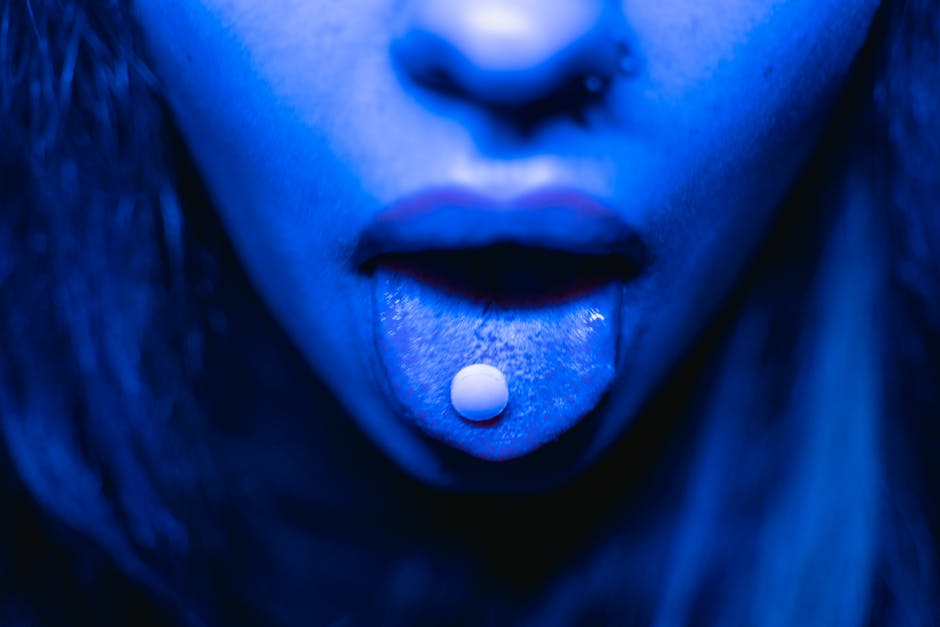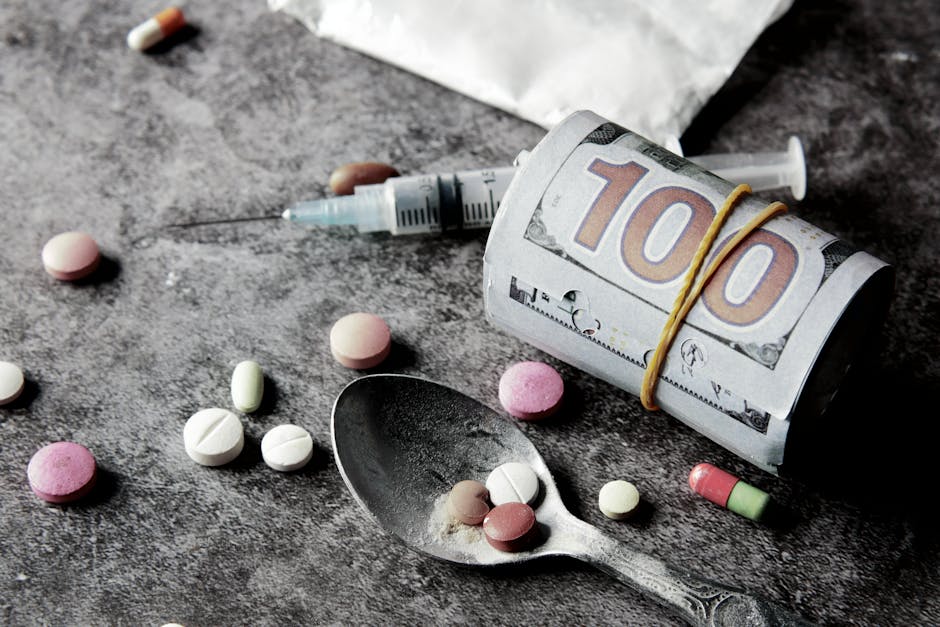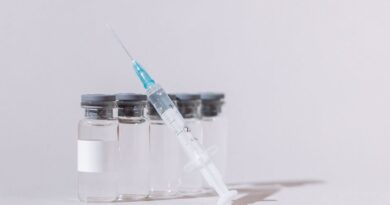The Impact of Addiction on Mental Health: Understanding the Connection
Imagine feeling trapped in a cycle of cravings, unable to control your urges. Addiction can have a devastating impact on your mental health, affecting your thoughts, emotions, and behaviors. Let’s explore how addiction can take a toll on your well-being and what you can do to break free from its grip.
What is Addiction?

Addiction is a complex brain disorder characterized by compulsive drug seeking and use, despite harmful consequences. It can involve substances like alcohol, drugs, or even behaviors like gambling or shopping. When you become addicted, your brain’s reward system is hijacked, making you crave the substance or behavior to feel normal.
How Does Addiction Affect Mental Health?

When you’re struggling with addiction, your mental health can suffer in various ways:
- Increased anxiety and depression
- Impaired cognitive functions
- Isolation from friends and family
- Financial and legal problems
For example, imagine a person who turns to alcohol to cope with stress. Over time, their drinking escalates, leading to conflicts with loved ones and job loss. This downward spiral can worsen their mental health, fueling a cycle of addiction and despair.
How Can Addiction Impact Your Daily Life?

When addiction takes hold, it can seep into every aspect of your life, affecting your relationships, work, and overall well-being. Consider the following scenarios:
- Your friendships may suffer as you prioritize using substances over spending time with loved ones.
- Your work performance may decline, leading to job loss or strained professional relationships.
- Your physical health may deteriorate due to substance abuse, impacting your quality of life.
These examples show how addiction can disrupt your daily routines and leave you feeling overwhelmed and powerless.
How Can You Break Free from Addiction?

Recovery from addiction is possible, but it requires dedication and support. Here are some steps you can take to start your journey towards healing:
- Seek professional help from a therapist or counselor who specializes in addiction treatment.
- Join a support group like Alcoholics Anonymous or Narcotics Anonymous to connect with others who understand your struggles.
- Develop healthy coping mechanisms, such as exercise, mindfulness, or hobbies, to replace destructive habits.
- Reach out to friends and family for emotional support and encouragement.
Remember, recovery is a process, and setbacks may occur along the way. Be patient with yourself and celebrate each small victory as you work towards a healthier, happier life.
Conclusion: Taking Control of Your Mental Health
By understanding the impact of addiction on mental health, you can take proactive steps to break free from its hold. Remember that you are not alone in your struggles, and help is always available. With perseverance and support, you can reclaim control over your mental well-being and build a brighter future for yourself.




